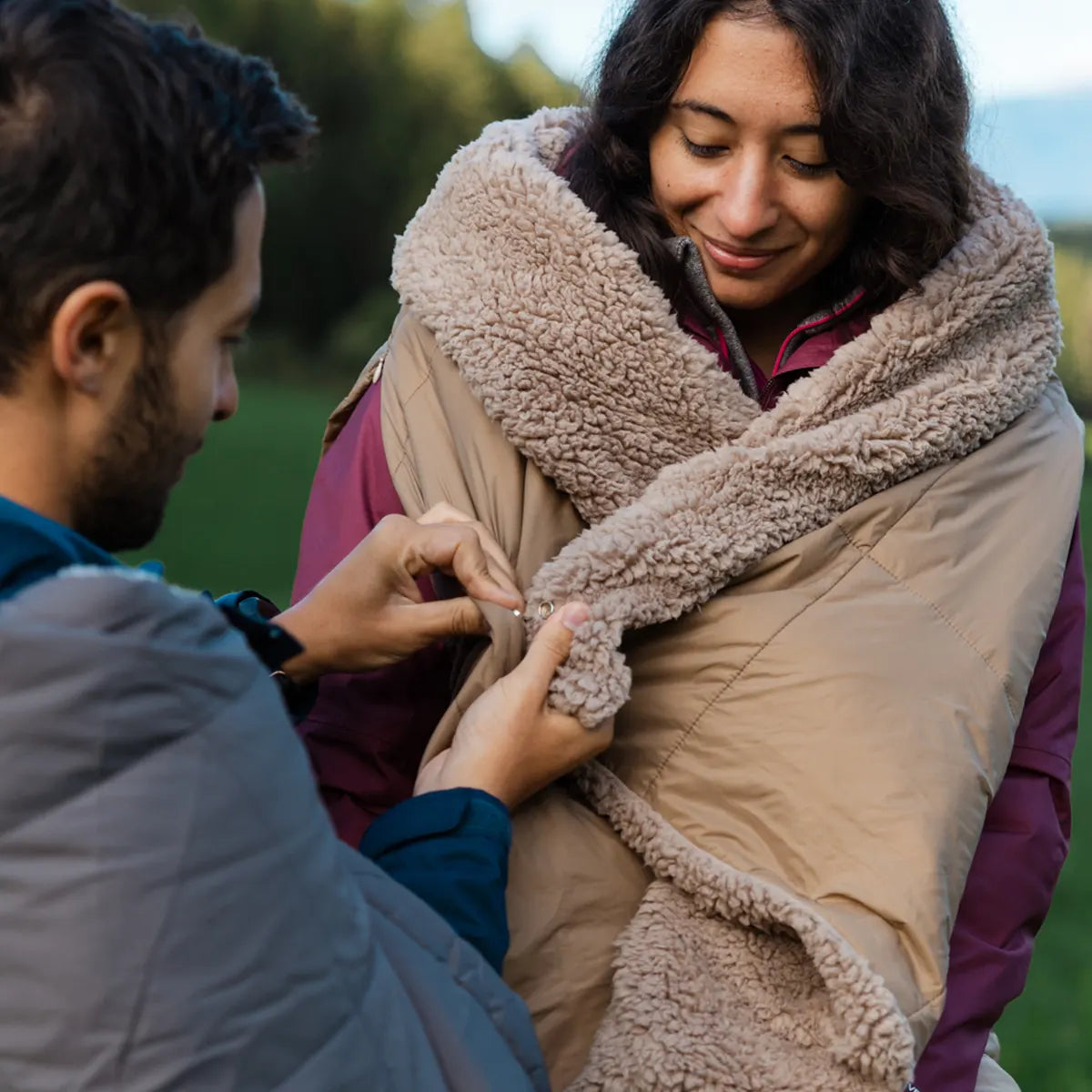
With the onset of winter, a surge in weather-related health concerns becomes imminent. "The plummeting temperatures pose significant risks, particularly for older adults," warns Dr. Suzanne Salamon, a geriatrician and Harvard Medical School instructor. As we delve into the winter season, it's essential to understand the vulnerabilities that may arise and equip ourselves with strategies to combat these challenges.
How Does Cold Temperatures Affect Your Body?
Hypothermia
Cold weather causes your body to lose heat more quickly than it can produce it. When your body temperature drops below the normal range (around 98.6°F or 37°C), you may experience hypothermia. Symptoms include shivering, confusion, slurred speech, and drowsiness. In severe cases, hypothermia can lead to organ failure.
Frostbite
Frostbite occurs when skin and underlying tissues freeze due to cold temperatures. It commonly affects extremities like fingers, toes, nose, and ears. Frostbitten skin may become numb, pale, and hard. In severe cases, blisters can develop.
Respiratory Problems
Breathing in cold air can irritate the respiratory tract, leading to conditions like bronchospasm (constriction of airways) and exacerbating symptoms in people with asthma or chronic obstructive pulmonary disease (COPD). Cold air can also increase the risk of respiratory infections.
Cardiovascular Strain
Cold temperatures can constrict blood vessels and increase blood pressure. This constriction can strain the cardiovascular system, especially in individuals with heart conditions. Cold weather can trigger heart attacks, angina (chest pain), and other cardiac issues.
Immune System Suppression
Cold weather can weaken the immune system, making the body more susceptible to infections, including flu and colds. Additionally, people tend to spend more time indoors in close contact with others, increasing the risk of viral transmission.
Joint and Muscle Pain
Cold temperatures can cause muscles to contract and joints to stiffen, leading to pain and discomfort, especially for individuals with arthritis or other joint-related conditions.
Mental Health Issues
Seasonal Affective Disorder (SAD) is a type of depression that occurs at a specific time of the year, often in winter due to reduced sunlight exposure. Cold, dark days can negatively impact mood and energy levels, leading to feelings of sadness and lethargy.
How to Ready Yourself for Navigating Cold Weather?
Navigating cold weather requires careful preparation both internally and externally to ensure your well-being. Here's a comprehensive guide for both external and internal warmth on how to get ready for the chilly days ahead.
Layered Clothing
Moisture-wicking Base Layer: This keeps sweat away from your skin, ensuring you stay dry and warm.
Insulating Layer: Choose fleece or down jackets for insulation, trapping warmth close to your body.
Waterproof and Windproof Outer Layer: Protect yourself from rain, snow, and biting winds with a sturdy, weather-resistant jacket.
Warm Accessories
Insulated Gloves or Mittens: Invest in waterproof and insulated gloves to keep your hands warm and dry.
Thermal Socks: Opt for thick, thermal socks to maintain warmth in your feet.
Scarves and Neck Gaiters: These protect your neck and face from cold winds.
Thermal Hat or Beanie: A thermal hat conserves body heat, especially in windy conditions.
Waterproof and Insulated Boots
Waterproof and Insulated Boots: Choose boots that are both waterproof and insulated to keep your feet warm and dry.
Gaiters: These cover the lower legs and boots, preventing snow from entering and keeping you dry.
Extra Heated Blankets and Pads
Blankets provide immediate warmth, helping to prevent hypothermia, especially in situations where heating systems fail. In emergencies, staying warm is critical for survival, and blankets offer a simple yet effective way to conserve body heat.
USB heated blankets: USB heated blankets are often compact and portable, making them convenient for use in different settings. You can use them at home, in the office, or even in a car, as long as you have a compatible power source.
Heated weighted blankets: The combination of warmth and weight has a relaxing effect on the body. Weighted blankets are filled with materials such as glass beads or plastic pellets that provide gentle pressure evenly distributed throughout the body. This deep tactile stimulation creates a sense of security and calmness and enhances feelings of warmth and comfort, especially in cold weather.
Heated pads: Heated pads are designed to provide targeted heat to specific areas of the body. By placing the pad on areas like the back, shoulders, or abdomen, you can concentrate warmth where you need it the most, allowing you to stay warm and comfortable in cold weather.

Stay Hydrated
Cold weather can be dehydrating. Drink plenty of water and warm beverages to stay hydrated and maintain your body's essential functions.
Nutritious Diet
Consume a balanced diet rich in vitamins and minerals, particularly vitamin C, which boosts the immune system, helping your body fight off winter illnesses.
Moisturize Your Skin
Cold air can dry out your skin. Use moisturizers to keep your skin hydrated and prevent chapping, especially on your hands and face.
Boost Immunity
Consider taking supplements or vitamins to boost your immune system, as cold weather can make you more susceptible to infections.

